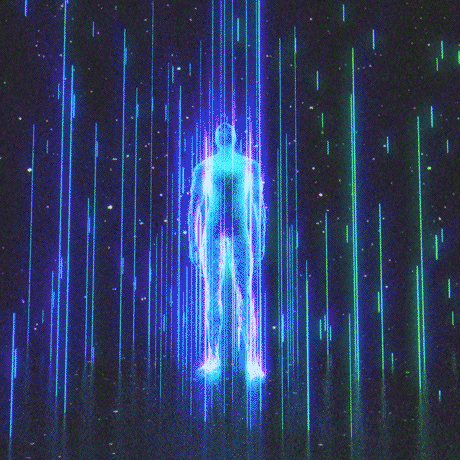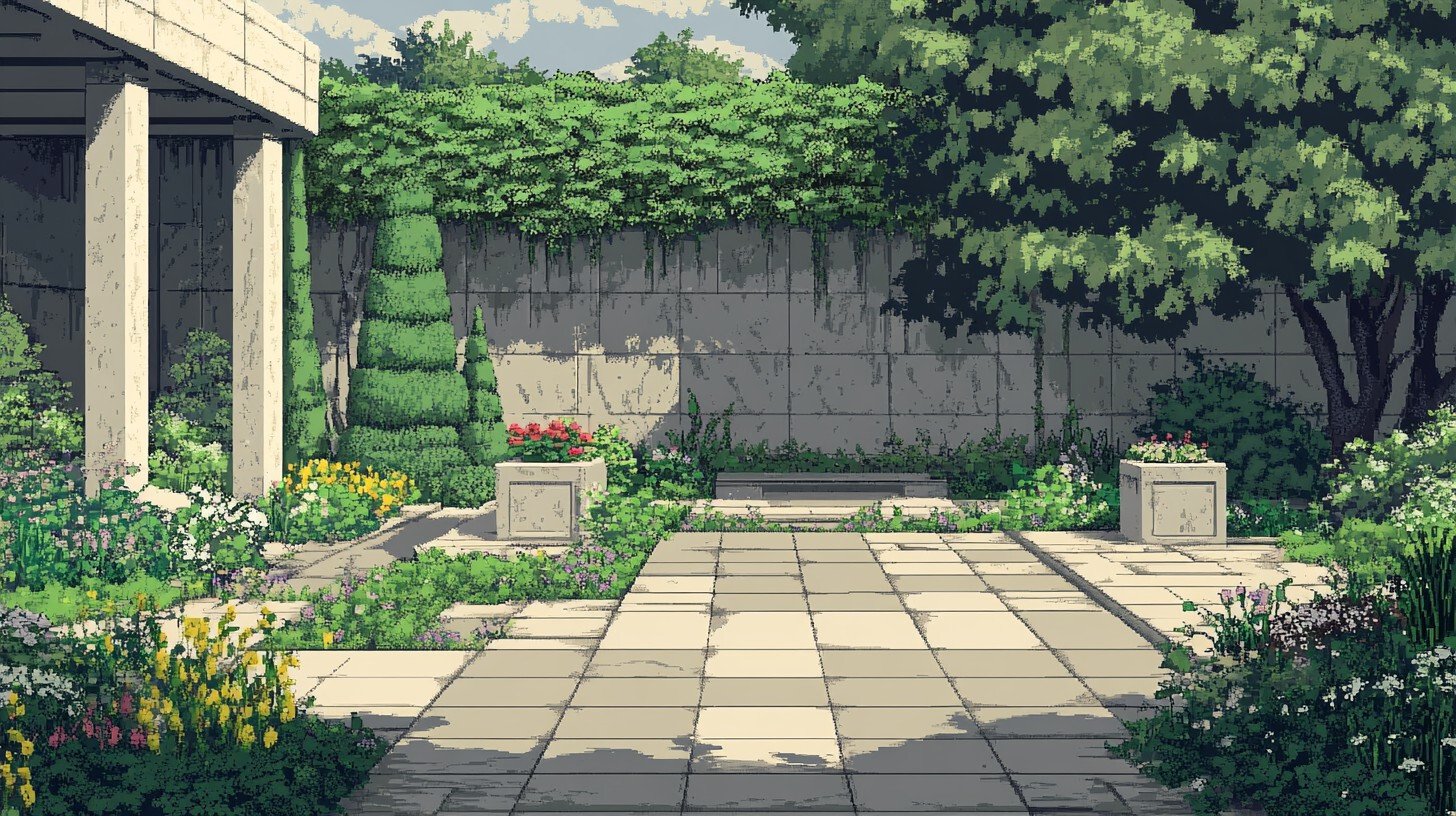In addition to niche political audiences, Lemmy is full of tech professionals who have probably integrated AI into their daily workflow in some meaningful ways.
- 0 Posts
- 6 Comments
Commenting on your torment tablet

 2·2 months ago
2·2 months agoSame - I’m here more for the promise of a better experience rather than the better experience itself. Still waiting for the tipping point where niche topical communities have more than 1 post every 3 days.
Not trying to start shit, but some of the people in this thread need to realize that if they replied to people here like they replied on reddit, they’ll eventually get banned from instances too. And instance owners will exercise way more discretion than a website with a TOS.

 1·3 months ago
1·3 months agoAbsolutely agreed that market capture is unethical, but that doesn’t have much to do with the legal basis of right to repair cases.

 10·3 months ago
10·3 months agoWhen written out like this, it seems simple as - but the most simple version really isn’t what’s at stake. Companies make and trademark specialized tools for their goods, to prevent third parties from providing repairs. Warrantys are written to keep a company from being liable for repair/replacement if a customer attempts to repair a product themselves.
Pretty much every case in the right to repair movement is a challenge to a legally acceptable means of market capture, that just happens to create a stupendously shitty consumer environment.


Hmmm, you might have a case but maybe not.
The US Copyright office currently does not recognize protections for AI-generated works, and for portions of complete works that are AI-generated. For example, if a comic has graphics generated by AI but a script written by people, the graphics and character likenesses, etc are not protected by copyright.
For audiobooks, the original work and the accompanying recording are both protected by copyright. The audiobook is considered a derivative work, so it may still be protected based on the fact that the original work is rightfully protected by copyright.